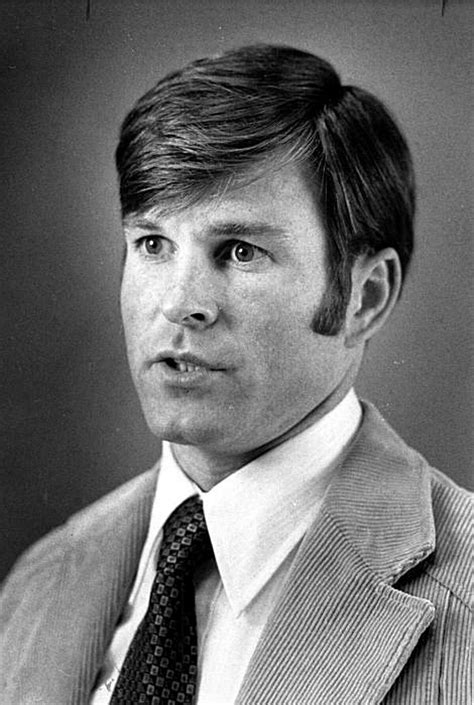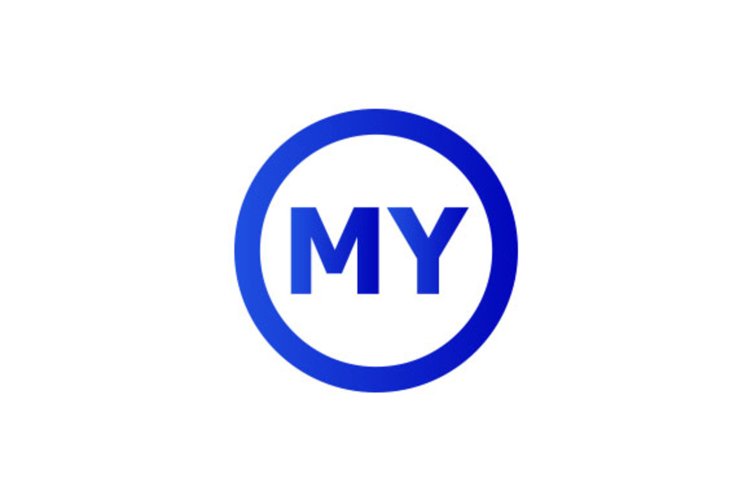The events of November 27, 1978, continue to cast a long and intriguing shadow over the city of San Francisco. On that fateful day, San Francisco Supervisor Harvey Milk and Mayor George Moscone were assassinated by Dan White, a former supervisor who had resigned from his position just weeks prior. The aftermath of these killings sent shockwaves throughout the nation, not only because of the brutal nature of the act but also due to the complex political and social environment in which it occurred.
To delve into the insights surrounding Dan White’s actions, it is crucial to understand the context of San Francisco’s political landscape at the time. The late 1970s saw a vibrant and somewhat volatile mix of political ideologies, with the city becoming a beacon for the LGBTQ+ community, thanks in no small part to the efforts of Harvey Milk. Milk, one of the first openly gay individuals to be elected to public office in the United States, was a champion of gay rights and a symbol of hope for marginalized communities.
Dan White, on the other hand, represented a more conservative element within the city’s political structure. His resignation from the Board of Supervisors had been a point of contention, with White initially submitting his resignation, only to later ask for his job back. This request was denied by Mayor Moscone, reportedly under pressure from Milk and other supervisors who were concerned about White’s conservative views and their potential impact on the city’s progressive policies.
The dynamics between White, Milk, and Moscone are pivotal to understanding the events that unfolded. White felt betrayed by Moscone’s decision not to reappoint him, a sentiment that was exacerbated by what he perceived as a personal and political slight. The relationship between White and Milk was particularly strained, given their diametrically opposed views on social issues. Milk, as a leader in the gay community, was seen by White as a threat to traditional values, further fueling the tension between them.
Historical Evolution of San Francisco Politics
To grasp the full complexity of the situation, it’s essential to trace the historical evolution of San Francisco’s political scene. The city had long been a hub of progressive thought and action, but the late 1970s saw an escalation in the tensions between conservative and liberal factions. The election of Harvey Milk and the growing visibility of the gay community marked a significant shift towards more liberal policies, which was met with resistance from more conservative parts of the population.
The era was also marked by a sense of political upheaval nationwide, with the remnants of the 1960s counterculture still evident and the beginning of a conservative backlash that would eventually lead to the presidency of Ronald Reagan. This national political climate added to the polarized atmosphere in San Francisco, where local issues became symbolic of broader ideological battles.
The Assassinations and Aftermath
On the morning of November 27, 1978, Dan White entered San Francisco City Hall through a basement window to avoid metal detectors. He made his way to Mayor Moscone’s office, where he requested a meeting. During this meeting, White shot and killed Moscone. He then proceeded to Harvey Milk’s office, where he also shot and killed the supervisor.
The aftermath of these assassinations saw widespread shock and grief, as well as a sense of outrage and betrayal within the community. The gay community, in particular, felt targeted and vulnerable, given Milk’s status as an icon of their struggle for rights and recognition. The event sparked the “White Night Riot,” a spontaneous protest that turned violent, with participants clashing with police and causing significant damage to City Hall and police vehicles.
Comparative Analysis: Political Violence
Comparing the events of November 27, 1978, to other instances of political violence highlights the complex interplay of personal, political, and social factors that can lead to such tragedies. The assassinations of Milk and Moscone share some parallels with other acts of political violence, where perceived grievances, ideological differences, and personal vendettas converge.
However, the unique context of San Francisco’s political landscape, coupled with the symbolic significance of Harvey Milk as a gay rights leader, sets these events apart. The reaction to the assassinations, including the community’s grief, outrage, and eventual mobilization for further political action, underscores the profound impact that these events had on the trajectory of gay rights and political discourse in the United States.
Conclusion
The assassination of Harvey Milk and George Moscone by Dan White stands as a pivotal and tragic moment in American political history. It reflects the deep divisions that can exist within communities and the sometimes violent consequences of political polarization. The legacy of Harvey Milk, in particular, continues to inspire political action and advocacy for LGBTQ+ rights, serving as a testament to the enduring power of his message of hope and inclusivity.
As we reflect on these events, it becomes clear that the challenges faced by San Francisco in the late 1970s—issues of political ideology, community division, and the struggle for marginalized rights—remain relevant today. The story of Dan White, Harvey Milk, and George Moscone serves as a powerful reminder of the importance of understanding, empathy, and the pursuit of inclusive, progressive policies that value the dignity and rights of all individuals.
What were the immediate political consequences of the Milk and Moscone assassinations?
+The immediate aftermath saw Dianne Feinstein, then the president of the Board of Supervisors, become the new mayor of San Francisco. The event also galvanized the gay community and its allies, leading to increased political activism and eventual advancements in gay rights legislation.
How did the trial of Dan White impact public perception of the justice system?
+Dan White's trial and the subsequent conviction for voluntary manslaughter, rather than murder, sparked widespread outrage. Many felt that the verdict was too lenient and reflected a bias against the gay community, leading to further protests and a reevaluation of justice system fairness.
What is the enduring legacy of Harvey Milk in American politics and society?
+Harvey Milk's legacy is that of a pioneering figure in the fight for LGBTQ+ rights. His political career and tragic assassination have inspired generations of activists, politicians, and individuals, symbolizing the power of courage, inclusivity, and the quest for human rights and dignity.
In the years since the tragic events of 1978, San Francisco and the nation have undergone significant transformations in terms of political discourse and social acceptance. Yet, the story of Dan White, Harvey Milk, and George Moscone continues to offer valuable insights into the complexities of human nature, the dangers of political polarization, and the importance of advancing rights and dignity for all members of society. Through this lens, we can continue to learn from the past, fostering a more compassionate and inclusive future for generations to come.



